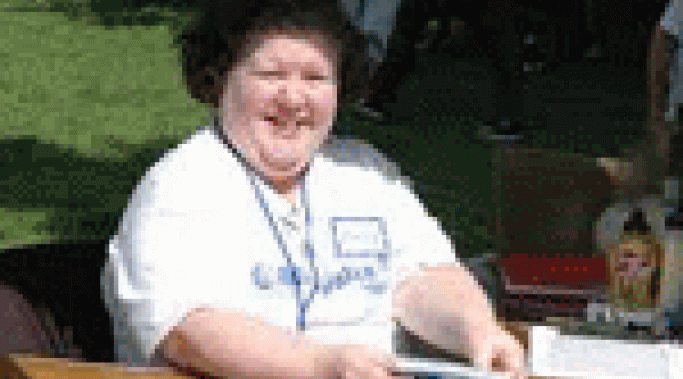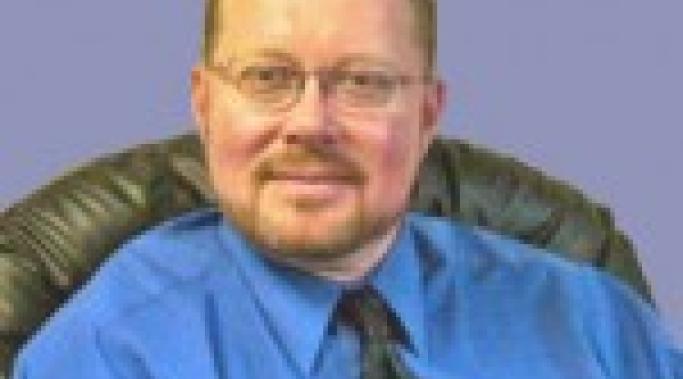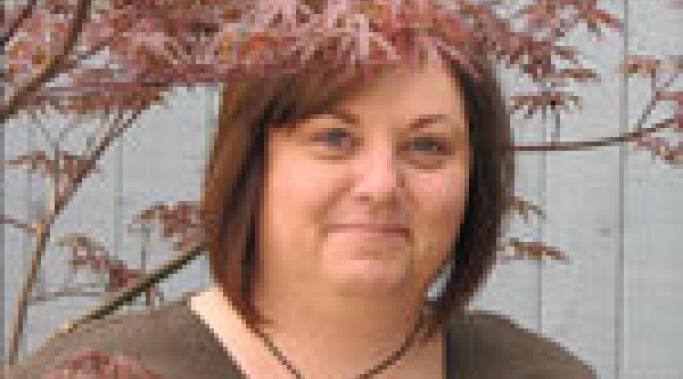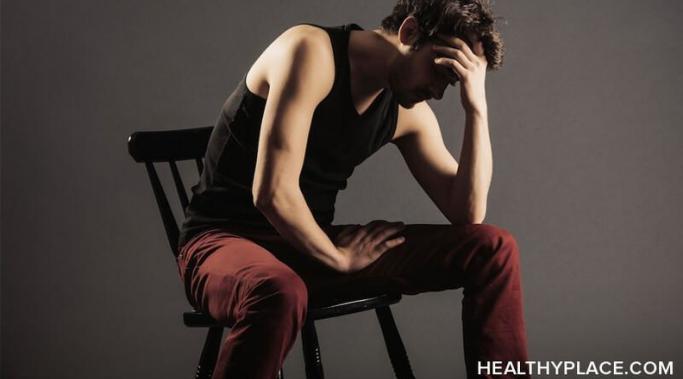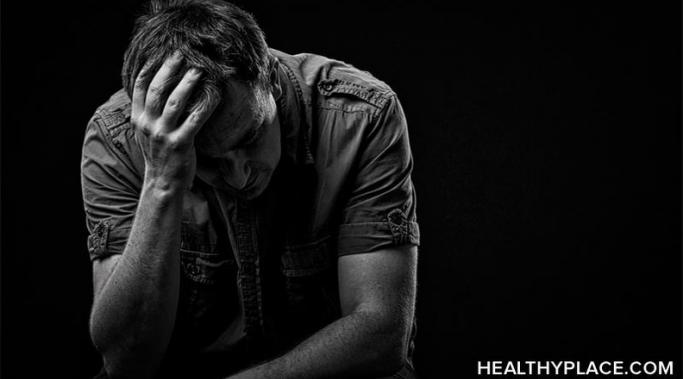Caring for an adult with mental illness is like walking a fine line. On the one hand, the person is an adult and probably doesn't want to be coddled or told what to do. On the other hand, an adult with a serious mental illness such as schizophrenia, bipolar disorder, severe anxiety or major depression may need help and support to remain stable or stay out of major trouble.
Radio Show Blog
Childhood obesity is a real problem today. The Centers for Disease Control notes that childhood obesity rates have tripled over the last 30 years and that over 20 percent of the kids in the U.S., ages 6-11, are now categorized as obese.
Childhood obesity not only leads to physical and medical problems, but social and psychological problems such as stigmatization and poor self-esteem also appear in children who are overweight.
A mental illness, especially during the adjustment period after first receiving a diagnosis, can be filled with a lot of strife and heartache. The challenges are only compounded by the fact that many find themselves more isolated and alone than ever before in their life. Our guest this week, Stephanie, has found herself in just that place, alone like never before.
The process of diagnosis and discovering that you are living with adult ADHD can be trying and difficult. Living well with it is an even bigger challenge. Our guest, Kelly Babcock, a.k.a. Taylor McKinlay, and author of the blog, Tao of Taylor, lives with adult ADHD and does the best he can to make the most of his diagnosis.
Many people who are dealing with mental health issues like anxiety and ADHD look for additional and alternative treatments to medication. One thing that these people find challenging is finding credible information and sources. Our guest, Jeff Lewis, MSSW, LSCSW, BCIAC is a Licensed Specialist Clinical Social Worker and a Fellow of the Biofeedback Certification Institute of America. He has been in clinical practice for 17 years. Jeff Shares with us the descriptions of biofeedback and neurofeedback, its application, and how to find trusted sources for treatment.
Our guest, Chrisa Hickey, is a mom like so many other women, but in some ways she is quite extraordinary. She parents a son with schizoaffective disorder, Tim, who was diagnosed at the age of 11. She shares with us the challenges of parenting a child with schizoaffective disorder (bipolar type), what the journey has been like and the reality of what they will likely face in the future.
The loss of a child is something no one ever imagines experiencing themselves, especially not to suicide. Our guest, Barb Mares, knows first had that it can happen to anyone because it happened to her, not once, but twice. About 8 years ago, Barb lost two of her sons, within a seventh month period of time, to suicide. It's a horror none of us can fathom, but she is coping with her losses and making good from them.
Most of us never have the experience of feeling as if we are disconnected from our own body and mind, but if you are suffering from depersonalization disorder then you feel this detachment far too frequently. Our guest, Jeffrey Abugel, has experienced depersonalization disorder personally and has co-authored one of the seminal books on the topic. Recently, he has authored a second book about the experience of living with this disorder and he came on our show to share a deeper look into the world of depersonalization.
Understandably, as a parent, coping with a symptomatic ADHD child can wear you down. Some of the symptoms of ADHD in children include: inattention, compulsiveness, impulsiveness, opposition, defiance, hyperactivity - and these are just a few of the most common. But would you believe there are also positives and strengths within the ADHD diagnosis as well? Tracey Bromley Goodwin, M.ED. and Holly Oberacker, ATR, LMHC believe that to be true and say it's all in the way you look at your child.
Each year, approximately a quarter million people in the United States experience sexual assault and rape (What Is Sexual Assault?). An issue of such great importance is still often misunderstood and the road to recovery can sometimes be long. Our guest, Dr. Kathleen Young, helps us to better understand the process of recovery and why it sometimes takes a long time to recover from sexual assault.
